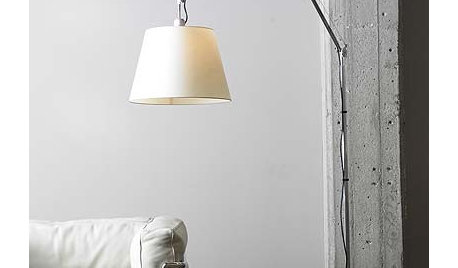white scale pest
Adam Harbeck
9 years ago
Featured Answer
Sort by:Oldest
Comments (10)
splinter1804
9 years agogosalsk
9 years agoRelated Professionals
70037 Landscape Architects & Landscape Designers · Foothill Ranch Landscape Architects & Landscape Designers · Darien Landscape Contractors · Edinburg Landscape Contractors · Fort Worth Landscape Contractors · Pikesville Landscape Contractors · Pleasant Grove Landscape Contractors · Reedley Landscape Contractors · Canby Fence Contractors · Fort Worth Fence Contractors · San Lorenzo Fence Contractors · Ft Washington Siding & Exteriors · Simpsonville Siding & Exteriors · Wayne Siding & Exteriors · Menomonee Falls Siding & Exteriorshotdiggetydam
9 years agoAdam Harbeck
9 years agogosalsk
9 years agosplinter1804
9 years agogosalsk
9 years agohotdiggetydam
9 years agoAdam Harbeck
9 years ago
Related Stories

DECORATING GUIDESDownsizing Help: Color and Scale Ideas for Comfy Compact Spaces
White walls and bitsy furniture aren’t your only options for tight spaces. Let’s revisit some decorating ‘rules’
Full Story
DECORATING GUIDES5 Decorating Tips for Getting Scale Right
Know how to work art, sectionals, coffee tables, lamps and headboards for a positively perfect interior
Full Story
COLORInspired by Peeps: A Sliding Scale of Pastels
Opt For Just a Little or Go All Out With Pinks, Yellows and Light Blues
Full Story
DECORATING GUIDESLarge-Scale Pieces Give Small Rooms Massive Style
Work bigger elements into a diminutive space and watch its design cred grow by leaps and bounds
Full Story
DECORATING GUIDESHow to Use Full-Scale Decor to Make a Small Space Feel Bigger
With a less-is-more approach, even oversize furnishings can help a compact area seem roomier
Full Story
LANDSCAPE DESIGNGarden Design Essentials: Proportion and Scale
Tiny features in an expansive landscape miss the mark. Here's how to make sure your garden elements relate properly
Full Story
DECORATING GUIDES6 Lessons in Scale From Well-Designed Bathrooms
See how to mix shapes and sizes for an interesting and balanced bathroom design
Full Story
DECORATING GUIDESStepping Up the Scale
Overgrown doesn't have to mean overblown when you take accessories, artwork and furniture up a notch or two
Full Story
COASTAL STYLEFishy Business: Tilt the Scales With Aquatic Decor
A marine element can add a splash of whimsy to your home
Full Story
KITCHEN DESIGNKitchen of the Week: A Part-Time Space Fully Satisfies
A scaled-down approach doesn't mean sacrificing, in this heavenly white kitchen with all the modern conveniences
Full Story





User